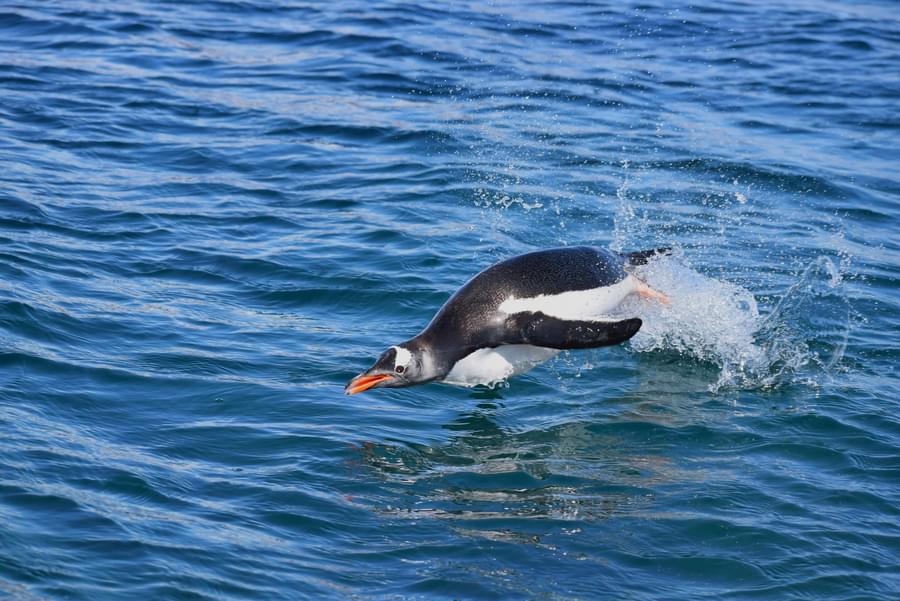Important new marine protection measures have been announced by the South Georgia and South Sandwich Islands (SGSSI) authorities, extending the “No Take Zone” (or zero fishing zone) within its designated Marine Protected Area (MPA) from 283,000km2 to 449,000km2 – an area twice the size of Great Britain.
These additional measures will result in 36% of the SGSSI Maritime Zone being closed to fishing activity. An additional 17,000 km2 will be closed to krill fishing through the introduction of additional pelagic closed areas.
ORCA CEO Sally Hamilton said “40% of the MPA will now be closed to krill fishing, with 95% closed to long-line fishing in order to protect the inshore foraging grounds of marine predators like whales and dolphins.
This protected marine zone already supports one of the largest and most varied aggregations of wildlife on the planet, and species such as humpback whales that were decimated by years of industrial-scale whaling have bounced back to 90% of their pre-whaling population.
This measure will protect and future-proof this area from being exploited by fishing fleets — which are re-doubling their efforts to pursue the protein-rich crustacean as demand has grown for its use in health supplements and aquaculture.”
As a keystone species providing sustenance for various marine life, including whales, penguins, seals, and seabirds, krill are critical to the Antarctic ecosystem. Trawlers from China, Norway, South Korea, Ukraine and Chile trawl the region's choppy waters from December to July, but as demand has grown, China and Russia are looking to expand their annual catch.
400,000 tons of krill were harvested globally in 2020, according to the Australian-based Commission for the Conservation of Antarctic Marine Living Resources (CCAMLR), which has 27 member countries, indicated in a report. As of August 2023, China had caught approximately 100,000 tons of krill from its 14 vessels in the Antarctic area alone.
This precautionary measure will mitigate competition between the large penguin populations which are dependent on krill as a food source and future krill fishing activity. With many of the large baleen whales migrating annually to these waters and feeding on krill, this measure will benefit them too.

.jpg?w=600&h=400&q=85&auto=format&fit=clip&dm=1685951507&s=403bdd810ed85558a1c4312db41445ff)
The only way we can protect whales and dolphins is by understanding their distribution, and so monitoring is vital for effective conservation. Donate today to help ORCA continue to identify and study important whale hotspots around the world by visiting www.orca.org.uk/donate

